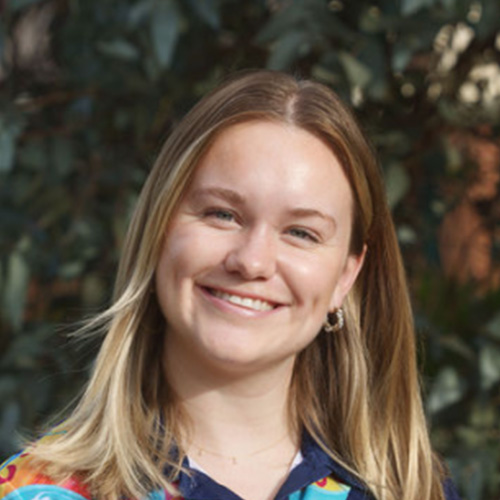Search
Research
Feasibility of a commercial smartphone application for dietary assessment in epidemiological research and comparison with 24-h dietary recallsOur study tested the relative validity of a smart phone app for uses as an epidemiological dietary assessment tool, compared with a standard assessment method.
Research
Liquor landscapes: Does access to alcohol outlets influence alcohol consumption in young adults?Longitudinal analyses showed that for each increase in liquor stores over time, alcohol consumption increased
Research
A prospective investigation of dietary patterns and internalizing and externalizing mental health problems in adolescentsOur findings only lend partial support to a link between diet and mental health, specific to females consuming a Western diet and to externalizing behaviours
Research
Low dietary intake of magnesium is associated with increased externalising behaviours in adolescentsAdequate Zn and Mg intakes may be beneficial for the prevention and treatment of mental health problems, such as depression, anxiety and attention-deficit...
Research
Energy drink consumption among young Australian adults: Associations with alcohol and illicit drug useAustralian energy drink users tend to have heavier alcohol consumption patterns be a cigarette smoker and use illicit drugs relative to non-users.


Research
Amped Up: An Energy Drink StudyGina Hayley Trapp Christian BHSc(Hons1A), RPHNutr, PhD BSc (1st Class Hons), PhD (Distinction) W.Aust. Honorary Research Associate Head, Child
Research
Billboard Busters: Exploring Children's Views on Outdoor Advertising"Billboard Busters: Exploring Children's Views on Outdoor Advertising" is a groundbreaking study that examines schoolchildren's attitudes towards outdoor advertisements.
Research
Building Out Bullying: The influence of the school environment on bullying behaviour and mental health in primary and secondary school studentsThe Building Out Bullying project is funded by Healthway and aims to generate policy-relevant evidence, system-level guidelines, and school-based interventions to improve the bullying behaviour and mental health of children attending primary and secondary school in Western Australia.
